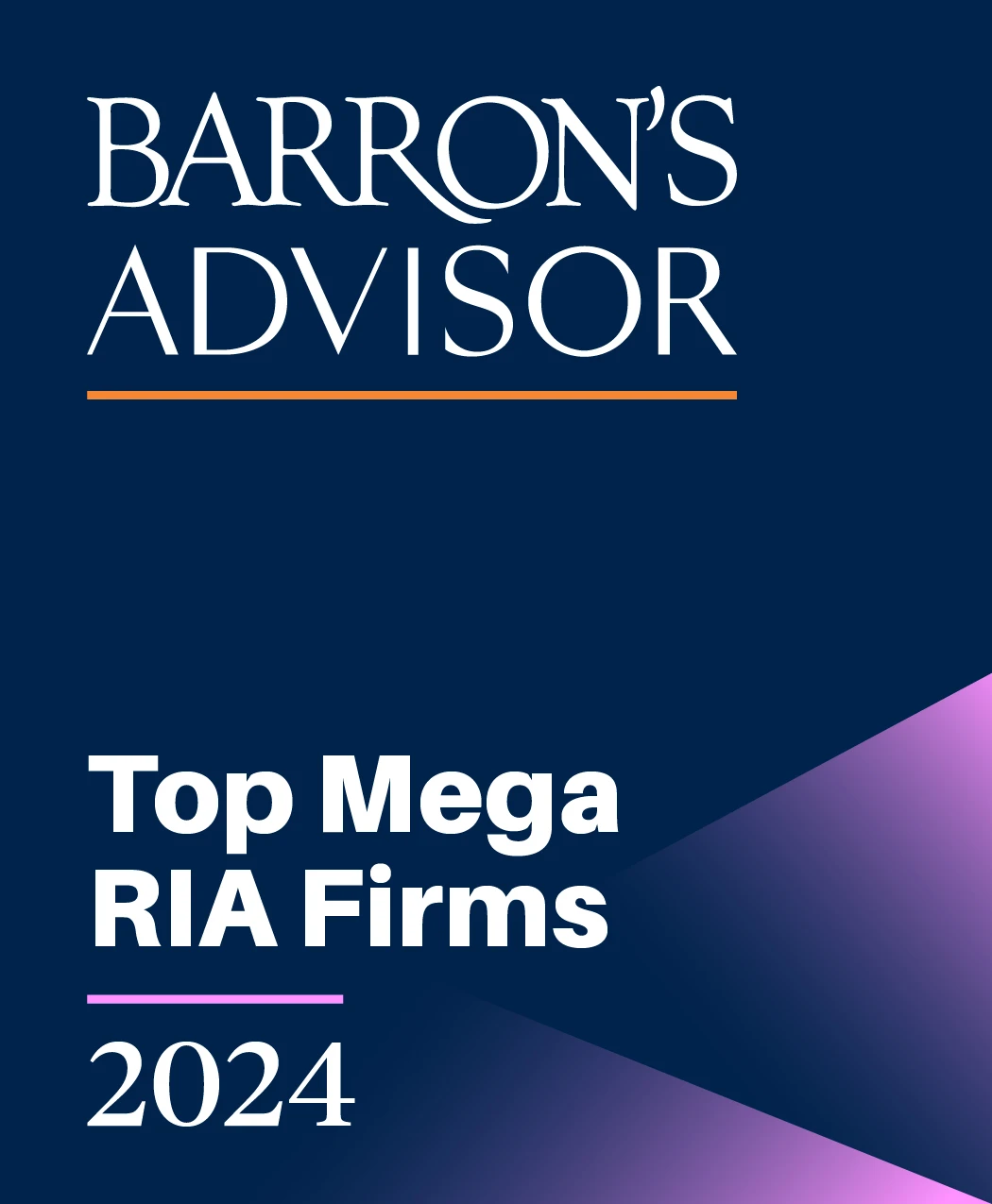Upticks: How to Give More to Charity
By Jake Falcon on July 26, 2021
For this week’s topic, I want to discuss ways you can contribute more to 501(c)(3) charity organizations. As America slowly recovers from the strife of Covid, many people are looking for ways to give back to their communities without risking illness.
Video
Podcast
Blog
Charitable giving often manifests in direct, monetary donations. I want to make you aware of a strategy that we use with our clients to allow them to both potentially lower their taxes and perhaps give more money to their preferred charities.
The strategy utilizes something called a Donor Advised Fund. Consider this another account like your IRA, 401(k), brokerage account, or health savings account. It is just another account. If you do not work with us, many firms have these available as well.
How they work –
Any dollars put into a Donor Advised Fund can potentially be deducted from your taxes in that tax year. Standard deduction rules do apply, so you want to put enough funds in the account to exceed that limit, or the benefit may be lost.
Standard deduction for a married couple is $25,100. Not exceeding that amount may limit the benefit of having a Donor Advised Fund.
The money put into a Donor Advised Fund should not be from your retirement account(s). Non-qualified money like your checking accounts or stocks in a brokerage account that have appreciated are, in my opinion, the best option for funding these accounts. If you do not have money in these sources, this option is probably not best for you.
Why give investments instead of cash?
By donating a stock that has appreciated in value over several years, you avoid capital gains taxes on that stock. There are rules and limitations that apply, of course, but if capital gains taxes are going up, this is one way to pay less. If you simply sold the stock and wrote a check, you would have to pay capital gains taxes and would only be able to donate what is left. By using a Donor Advised Fund, the charity gets the full amount.
Another wonderful feature of this account is that if you put $50,000 in this account, you do not have to pay it out over one year. You can pay it out at your discretion. While the money is sitting in the fund, we can invest it and the Donor Advised Fund can grow more – once again allowing you to donate even more to charity! Any gains from investments within this account are tax-exempt as long as they are donated to a 501(c)(3) charity.
Recap:
- Do not be intimidated by a Donor Advised Fund, it is just another type of account
- If you have money outside of your retirement accounts and are already giving to charities, consider opening a Donor Advised Fund and use a “bunching” strategy
- Put a large some of money in it one year, potentially write it off your taxes, and give it out slowly while growing the fund
- Beneficiaries can be listed on these accounts, this beneficiary can act upon your donation wishes if something happens to you
- Appreciated stocks are a great option for funding these accounts – reduce your taxes and give more
- Studies have proven that people who donate or volunteer are happier, having a plan for giving can make you even happier
Disclaimer: Falcon Wealth Advisors do not give tax advice, but we do offer tax planning. Always double check any facts gained from this show with your CPA or accountant.
Let us help you build a plan for giving to charity. Reach out to me at jake@FalconWealthAdvisors.com today, so we can get started.
Clients choose to work with us to enhance their financial literacy and explain exactly what their financial plan means to them.
-Jake Falcon, CRPC®


